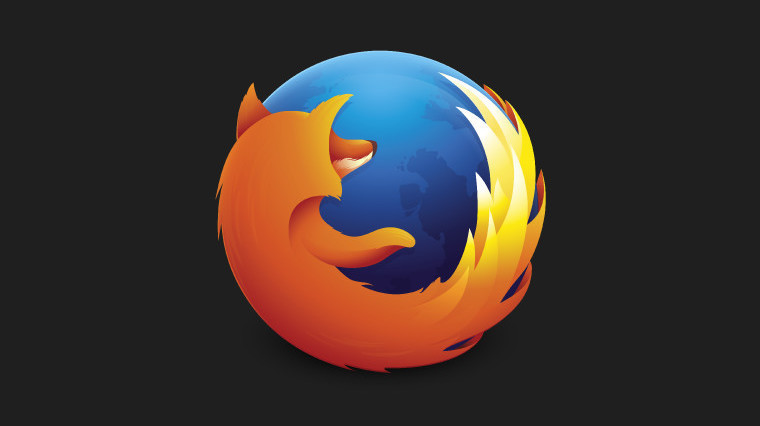
Mozilla is initiating a major overhaul of its renowned browser, with a special emphasis on making extensions (called add-ons for Firefox) interoperable between browsers. The revamp will also make other changes to the underlying function of Firefox, making it more like Google's Chrome in operation.
On the add-on front, Mozilla has released a new API, WebExtensions, that makes Firefox add-ons largely compatible with the way Chrome and Opera handle extensions. This, however, means that developers need to rewrite their existing Firefox add-ons. Once that's done, porting extensions across almost all the major browsers - Firefox, Chrome and Opera - will be much easier and cross-development will only require slight modifications. Since the upcoming extension support for Microsoft Edge is largely based on Chrome's model, it also follows that Microsoft's offering will also be added in the fold when Microsoft enables extension support sometime in October.
In a bid to improve security, the company is also introducing a new policy which requires all third-party extensions to be signed and validated by Mozilla, starting with Firefox 41 (to be released sometime next month).
Along with that, Mozilla is also adopting a technology called Electrolysis that makes Firefox operation very similar to Chrome; each tab (and possibly extension) will have its own process that will link back to the 'main' Firefox process. This, of course, makes the browser more stable and secure. While the company is also promising performance improvements to go with the change, Chrome has, in recent years, become notorious for being a performance and RAM hog due to its implementation of this multi-process system, so any gains in performance remain to be seen.
The adoption of this implementation will also break compatibility with some existing extensions so, again, developers will need to rewrite their code. While the browser will try to run such extensions in a compatibility mode as best as possible, the company is encouraging developers to start to become familiar with Electrolysis and begin utilising the WebExtensions API.
Overall, though, this is a significant improvement for both users and developers as it allows developers to maintain only one code base across most browser platforms. Subsequently, users will also benefit from a wide range of content and extensions that will be available to them across different platforms.
















81 Comments - Add comment